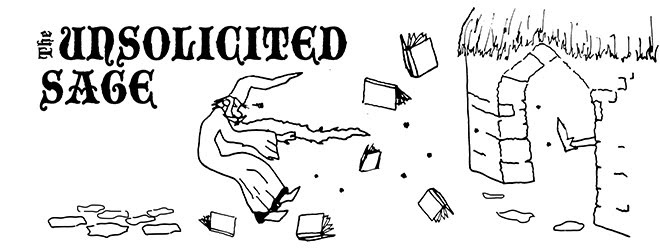Ever had a night where the Dice Gods are angry with you? I call them "Mondays." But seriously, I have often lamented the inherent "swingy-ness" of using a randomized number system to determine outcomes in RPGs. Sure, the night I roll four crits, I love my d20s; but when it takes me four sessions to hit with a new encounter power, I find myself struggling to not throw in the towel and go play solitaire. So what were we talking about? Oh, yes, The Marvel Universe Roleplaying Game!
I applaud the designers' intentions to keep this game streamlined and simple. The game lends itself to a minimum of accessories, which is certainly refreshing in this day and age where D&D is starting to feel a bit like Warhammer with all the mats, minis, cards, etc. The inclusion of play-ready stats for many super heroes and super villains means that a quick read-through of the rules and you're ready to hit the ground running.
I have to admit to a certain bias in favor of this game, since I've been a Marvel fan for a long time (though I'm not impartial with DC either...). Any game that gives me off-the-shelf stats to play Gambit has my vote. But setting that aside for a second, let's look at what makes this game successful.
The simplicity is great. The central mechanic of the game boils down to resource allocation. The rules generate numbers based on your character's statistics. These numbers tell you how many "stones" you have available for various actions. You then determine how many stones to assign to any given action. Assign too few, and you will not succeed, assign too many and you may find yourself short of available stones at a critical time later. This means that Spiderman never plummets to his death swinging through New York City because you rolled a one on your first "web-slinging" check of the night. This makes for an interesting, engaging method of action resolution, with a real possibility of failure (without which success becomes much less enjoyable) but without the arbitrary and often frustrating intervention of random numbers.
The other aspect of the game that I find outstanding is the leveling system. After completing a "Mission" the Gamesmaster awards 1-4 "Lines of Experience." These lines are a short sentence describing an activity you undertook at some point during the mission that lends itself to your character's improvement in a certain area. When ten lines of experience related to an "Action" (specific thing you can do in the game. e.g. Ranged Combat or Telepathy) are accumulated, you raise your action number by one, which increases the number of stones you can dedicate to undertaking that action, and raises the complexity of actions you can undertake. (If you have a Telepathy Action of 3 and "Creating a mental illusion" has a "Difficulty" or complexity rating of 4, you can't create mental illusions.) This system reminds me of computer games such as Betrayal at Krondor by Sierra, and the Elder Scrolls Series by Bethesda Softworks, where individual skills or abilities were improved through use, rather than a system such as D&D where regardless of the number of traps you have disarmed during your journey from first to second level, your rogue is now better at disarming traps.
Unfortunately, a simple game has simple innovations. I'd like to say more good things about it, but ultimately, these two features, combined with a strong encouragement toward roleplaying (lines of experience are partly awarded based on your portrayal of the character you play) make up the primary strengths of the game, and the main reasons I've found it so enjoyable. Where does it fall short? I'm glad you asked!
Lines of Experience are at once the greatest innovation and the worst implementation I've seen in quite a while. While the system encourages players to use the abilities that they want to improve, it does it hideously slowly. 1-4 lines of experience means that a hero must devote all lines of experience to a single action for two or more missions if they want to improve it as quickly as possible. And if the player is trying to keep the character well-rounded, it could take you ten or more missions to see a single point of improvement. Many people, myself included, derive a great deal of pleasure from watching their character grow and improve. Personally, I would examine giving more lines of experience, but capping the number that can be assigned to a single action per mission completed. This might allow for a faster growth curve, while keeping players from slamming all their lines into a single action to keep themselves "as powerful as everyone else." Of course, I haven't been playing the game long enough to see what kinds of balance issues this sort tweak to the leveling system might incur.
The final thing I'd like to mention is the vast player support for this game. The division of Marvel that created the game is apparently defunct, but the fan-base has kept the game alive and continued improving it. You can find general juicy tidbits, along with some miscellaneous stuff of undetermined value here. And here is a sourcebook for the Spiderman area of the Marvel Universe, created entirely by fans!
Subscribe to:
Post Comments (Atom)

Glad to see you had the same problem with the leveling system I have. Also, the Spider-man Sourcebook is one of the most balanced splat books for an RPG system I've ever seen.
ReplyDeleteSounds like an interesting system. Reminds me of when I played in a minor powered superhero game that used the West End d6 rules for it, DC something or other.
ReplyDelete